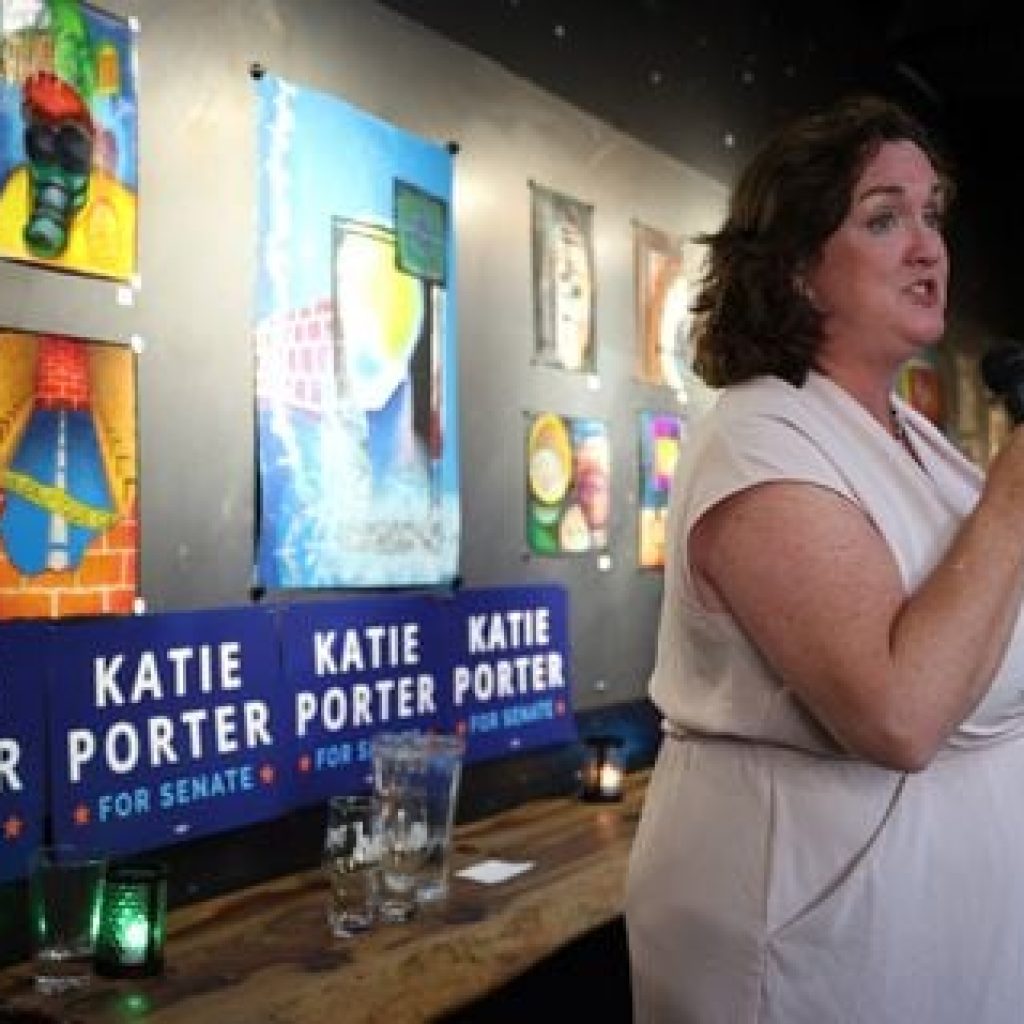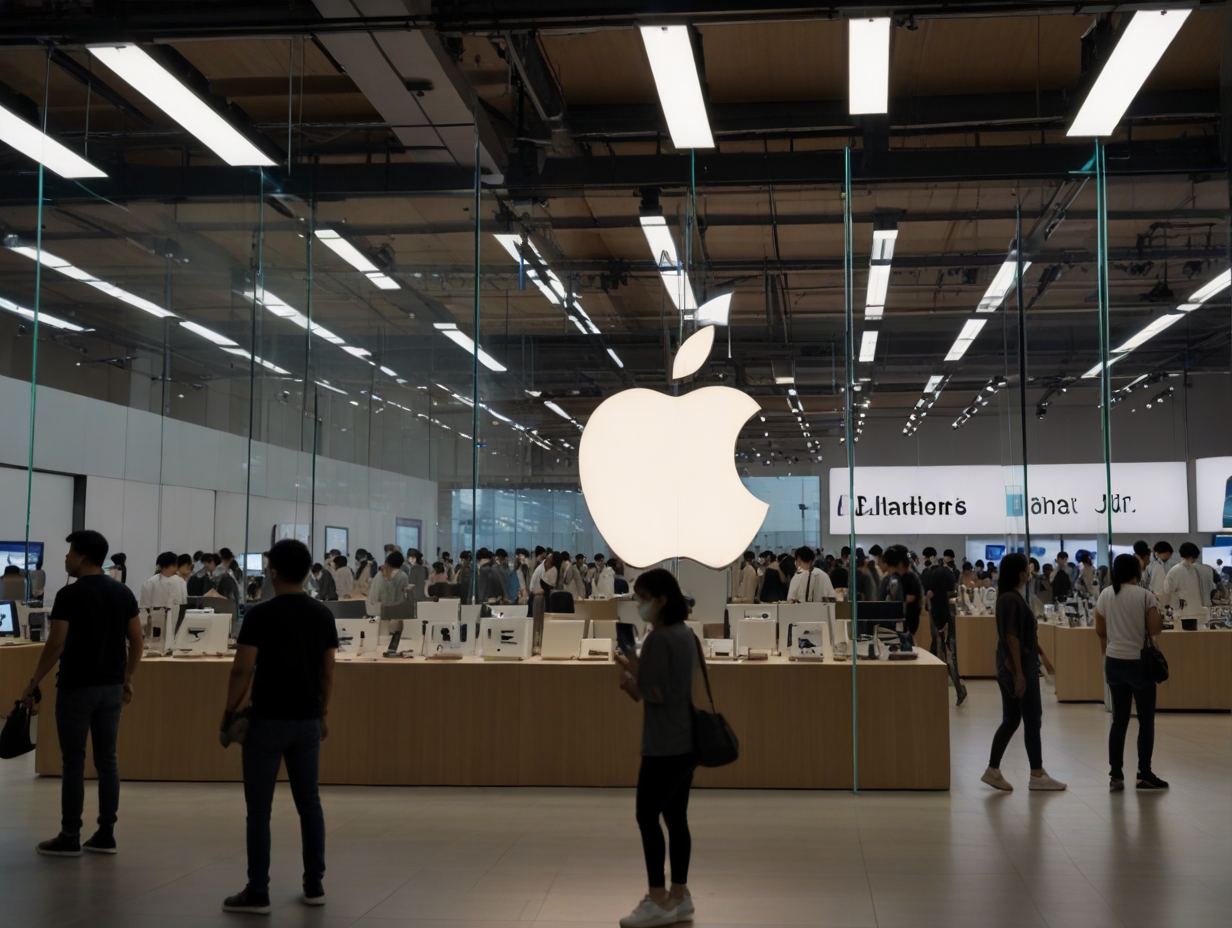The California Privacy Protection Agency (CPPA) has taken a significant step forward in its endeavor to regulate artificial intelligence (AI) usage, especially concerning consumer and worker data.
Amidst lobbying efforts from both unions and the tech sector, the agency’s board voted 3-2 to advance rules governing the deployment of AI and the collection of personal information. This development marks a crucial moment in the ongoing debate surrounding privacy, technology, and worker rights in the state.
Union advocacy for worker AI protections
Labor unions in California are redoubling their efforts to influence the California Privacy Protection Agency (CPPA), seeking to establish robust safeguards around the integration of artificial intelligence (AI) in workplaces.
This renewed focus marks a significant lobbying initiative as unions confront the formidable influence of the state’s tech sector. The regulations under consideration by the CPPA are a direct response to the California Consumer Privacy Act, which extends privacy protections to employees alongside consumers.
The proposed regulations drafted by the CPPA encompass a wide array of AI applications in the workplace, spanning decision-making processes related to employment, housing, insurance, healthcare, and education.
Of particular significance is the provision granting individuals the right to opt out of AI-driven assessments, such as those conducted during job interviews, without fear of facing discrimination. Moreover, businesses would be obligated to disclose their utilization of AI technologies and provide transparency regarding the use of personal data for predictive purposes.
Implications of enhanced worker AI rights
If implemented, these regulations would represent a significant milestone in ensuring worker protection amidst the increasing integration of AI in various aspects of employment. By empowering individuals with the right to opt out of AI-based assessments and requiring businesses to be transparent about their AI usage, these regulations aim to mitigate the potential risks of algorithmic bias and discrimination in the workplace. Additionally, they underscore the evolving landscape of privacy rights in the digital age, where the intersection of technology and labor necessitates proactive regulatory measures to safeguard individual autonomy and well-being.
Under the proposed rules, businesses exceeding $25 million in annual revenue or processing the personal data of over 100,000 Californians would be subject to regulation. Given California’s status as a hub for AI companies, with a significant proportion of the world’s leading firms headquartered in the state, these regulations could wield substantial influence.
Despite progress, more than 20 labor unions and digital rights organizations have raised concerns regarding the latest iteration of the rules. They contend that amendments introduced shortly before the vote have watered down crucial provisions, potentially creating loopholes that could undermine accountability in AI usage. Specifically, changes to the definition of automated decision-making technology have drawn scrutiny, with advocates warning of potential exploitation by businesses.
Ongoing debate and future outlook
The advancement of AI regulation in California has sparked robust debate, reflecting the complexities surrounding privacy protection, technological advancement, and labor rights. Business interests have weighed in, advocating for exemptions and expressing reservations about the breadth of the proposed regulations.
However, proponents argue that comprehensive regulation is essential to safeguard individuals’ privacy and prevent algorithmic bias and discrimination.
As the CPPA progresses in shaping AI regulations, stakeholders from various sectors continue to engage in dialogue and advocacy efforts. The outcome of this regulatory process will have far-reaching implications, not only for California but potentially serving as a model for AI regulation nationwide.
As discussions evolve and the regulatory landscape takes shape, the balancing act between technological innovation and privacy protection remains at the forefront of policymaking efforts in the Golden State.





